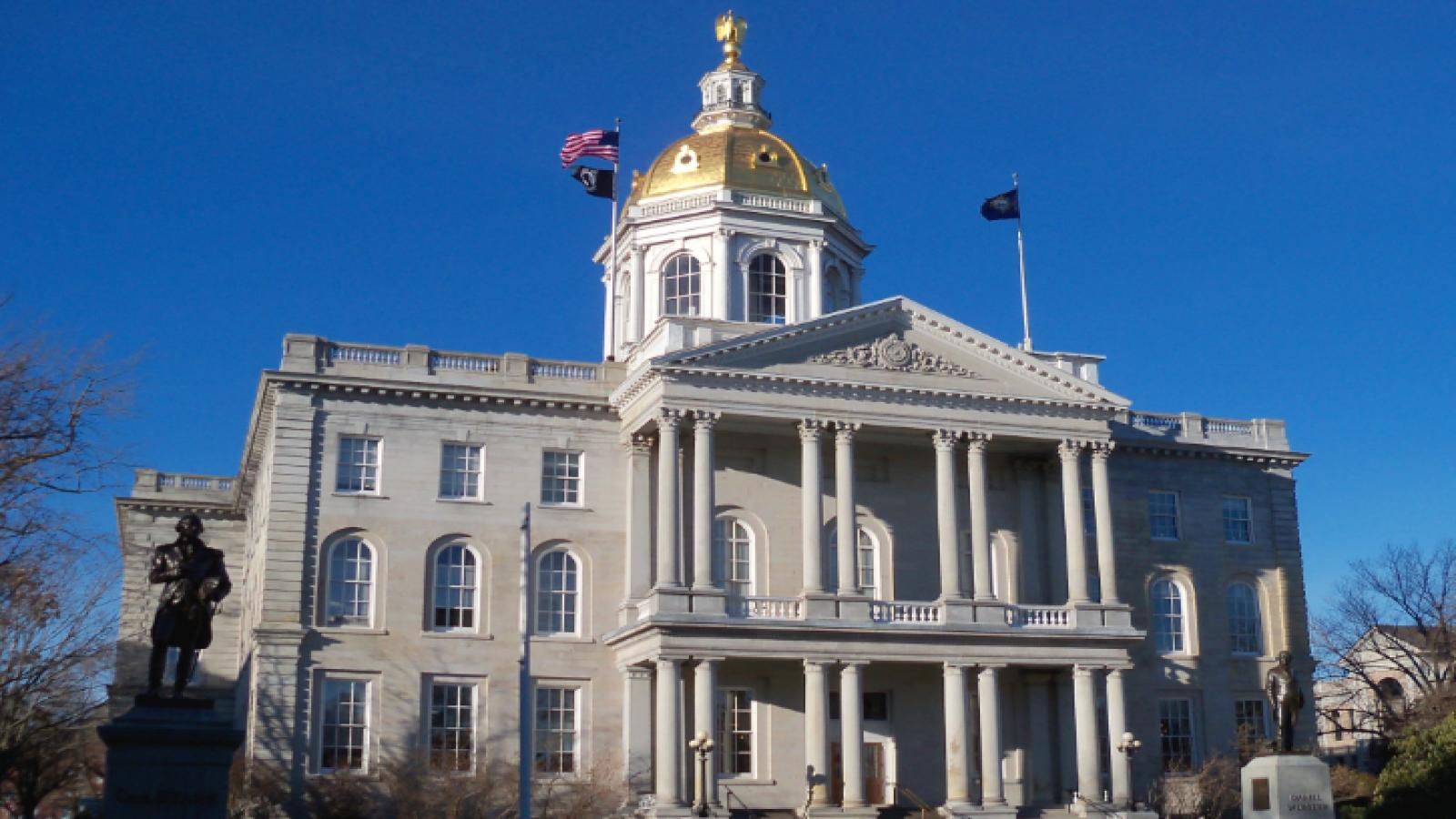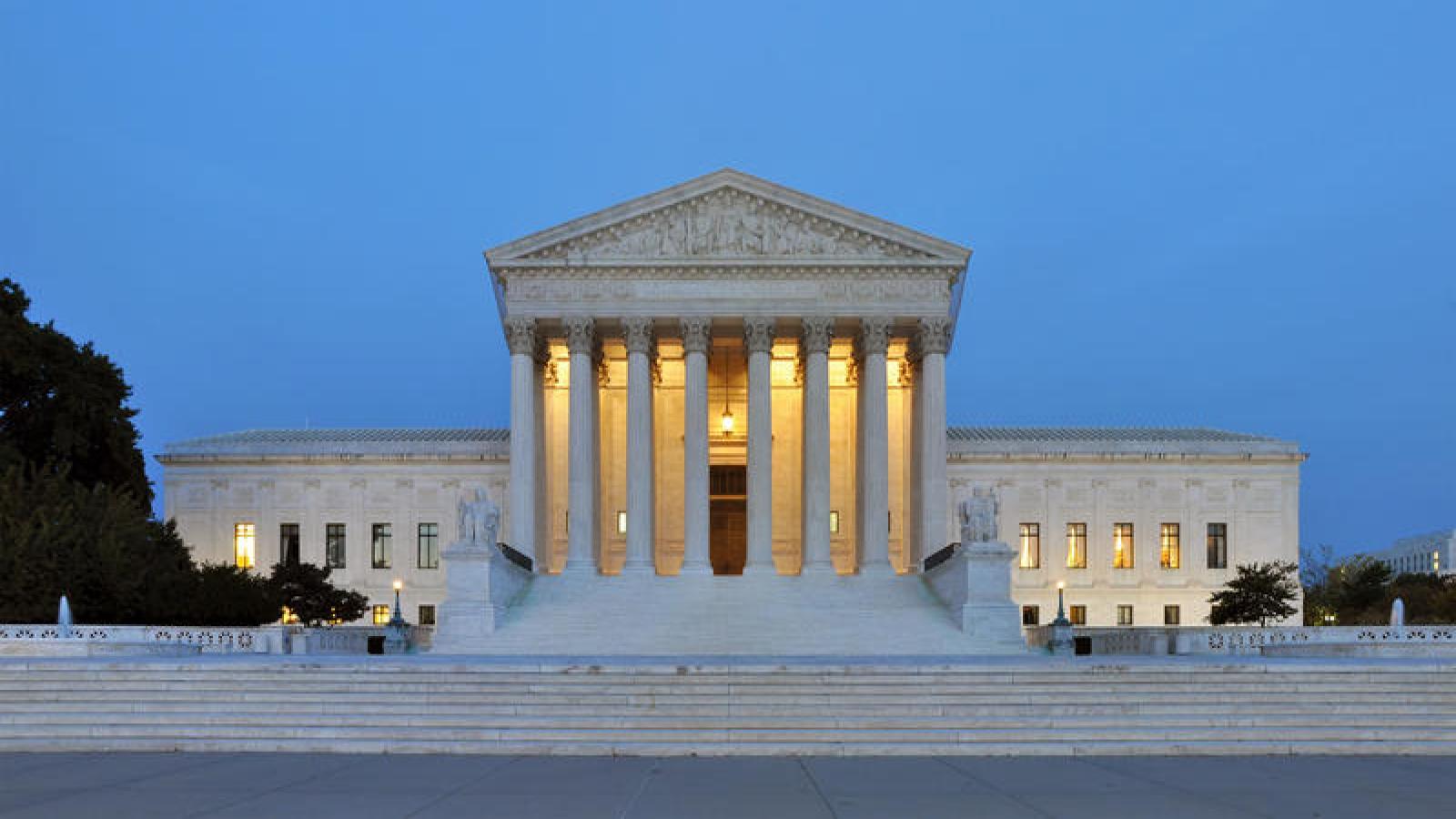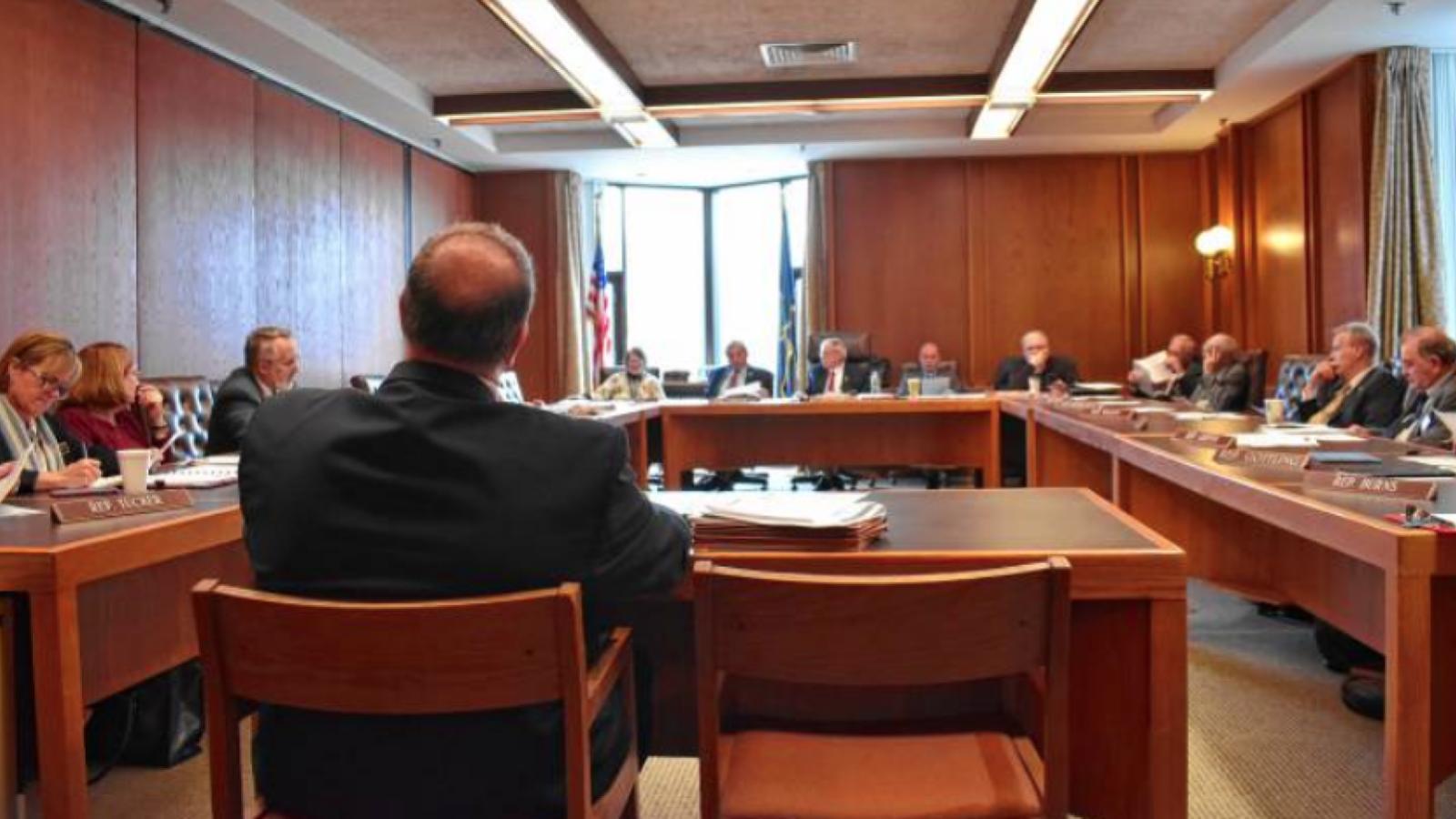The Executive Branch consists of the Governor, Executive Councilors, and state agencies. This branch enacts and enforces the laws of the state.
The Governor is the supreme executive and shall be called His or Her Excellency. According to our the state’s constitution, the Governor is responsible for the faithful execution of the law. This responsibility is met with the assistance of the Executive Council and state agencies. New Hampshire is unique because of the five member Executive Council who work with, advise and share the governor’s responsibilities. The Governor nominates and the Council and Governor appoint people to fill positions of agency directors and commissioners, judges and the Attorney General. The Governor and Executive Council are responsible for awarding state contracts. Either one shall have a negative on the other, allowing the Council to veto the Governor’s actions. While a few other state have Executive Councils (Massachusetts for example), they exist in an advisory capacity only. In New Hampshire, the Executive Council has a strong check on the Governor’s power. Both the Governor and Councilors are elected to two year terms.
State agencies work under the direction of the Governor. The heads of the agencies are appointed by the Governor and Council but because of their terms of office, they may work under a different Governor and Council than the one that appointed them. The functions of the agencies are defined by the laws passed by the legislature and by executive order of the Governor. The responsibilities of state agencies include public health and safety, education, cultural affairs, environmental protection and economic development. Agencies promulgate rules to assist them in carrying out their duties. The rules have the force of law.
OnAir Post: NH Executive Branch



